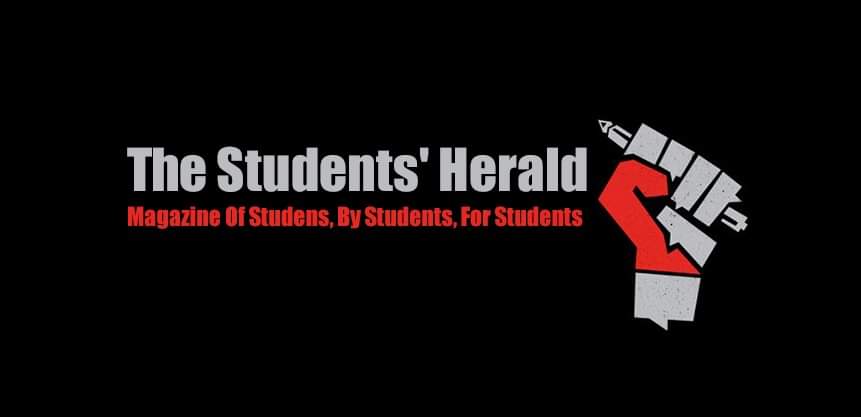Mahnoor Bajwa
The subcontinent was ruled by the British using a democratic system. Muslims tried hard to attain a separate homeland and succeeded on August 14, 1947. Newly existing state due to lack of proper structure painted their way of governing (democracy) upon themselves. It’s the system in which the majority of the people choose their representatives through general elections. Basically, the main purpose of this system is to know about the needs and problems of country men and solve them by using appropriate methods to raise the living standards of people as well as the standard of state in the whole world. It’s the best and the most successful way of governing but unfortunately, it is not successful in Pakistan as it should be.
Moreover, due to the weak infrastructure, many flaws are residing over the whole country. Pakistan is considered as the third world country because of our weak democracy and bad governance. Weak rule of law and lack of meritocracy lifts up the emergence of patronage and clientelism. Pakistan is a less economic state than that of western countries. Furthermore, the weak economic system is directly proportional to the weak democratic system. The politicians need a vote to win by ignoring the merit, capability and their competence to hold that seat. So patronage and clientelism fires up ( it’s the relationship among people and government ) they both benefit each other. People vote for inapt, incapable, incompetent candidates just for the sake of money to fulfil their needs. It mostly happens in underdeveloped and developing countries. Here’s the question mark for such ineffectual and unskilled people: how will they run the state and state affairs better than the skilled ones. How will they govern and manage the structure of the whole country?
Furthermore, corruption is also a major factor in weakening the democratic system. The politicians and elitists control the whole economy system of the country for their own purposes and benefits. It’s the way in which money orbits in a few hands and rights of the poor violated through this trajectory. For example Taxes are not used for their actual purpose as we have seen many times in our country. The requisites for loan elevation to run the state affairs and this fade up the democratic system badly. In the 2020 budget, approximately 1400 billions are specified to return the loan interests and it’s a huge amount to destroy the economic structure.
Laws play the most important role in forming the state stable but the politicians/elective representatives (when in power) misuse their authority and are ordered to change the laws through which they get more privileges as seen in the 18th amendment. It’s just because of the dearth of proper check and balance in the system.
Lack of trust in the justice system tears down democracy and delayed justice triggers the crime rate. Sometimes when cases are pending in courts then people move towards ADR and jirga system. The decisions are taken according to traditions and cultures because such people have less knowledge about the laws. In addition to this, animosity increases among people because justice is not prevailed and crime rate increases. Law enforcement agencies are not performing their functions well due to weak laws and weak infrastructure. Weak implementation destroys the whole structure.
The solution of such problems lies in accountability. This is the only way by which we can progress and be included in the World’s best democratic country like the USA. Then we will be able to nourish the other countries to better their own democratic systems.There should be definite and specific aims in structure to provide its functions well. Through this course (when everyone knows his duties well) will be accountable for its responsibilities. Check and balance plays an important role for growing up the democratic system and leading towards good governance.
Secondly, we have to produce reforms in the current available structure or yield the new one according to the need and demand of the situation. Laws should be firm and equally implemented to all the individuals. As everyone is equal before law irrespective of the caste, creed, race etc (i.e. fair and just). It will surely play an effective role in nurturing democracy. Otherwise, our democratic system has to face more and more challenges day by day and the implementation of such a system will be flopped. Moreover, the progress of the country will be declined.


